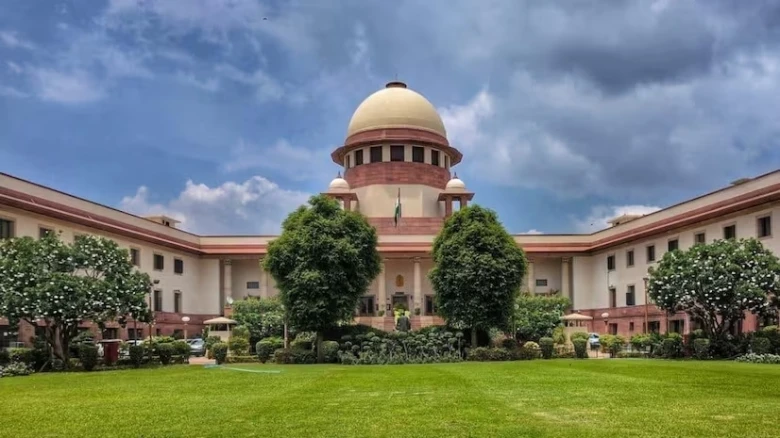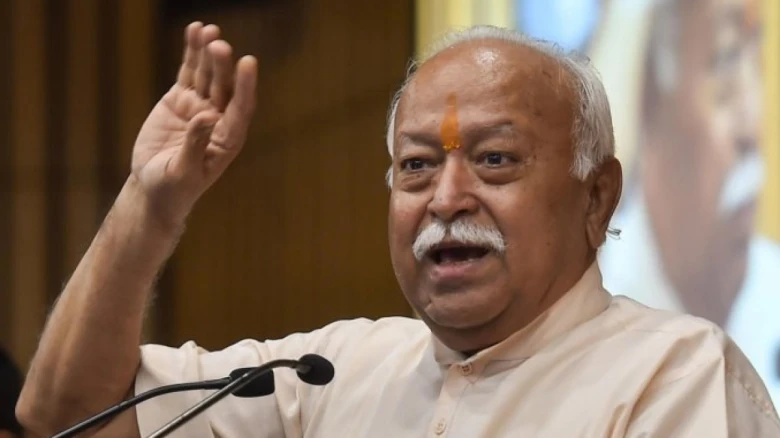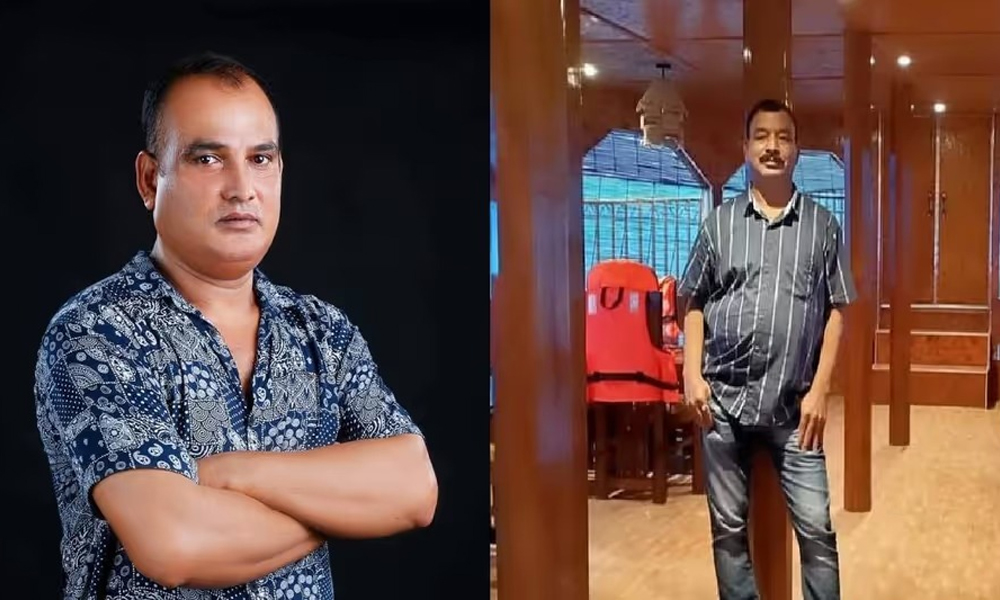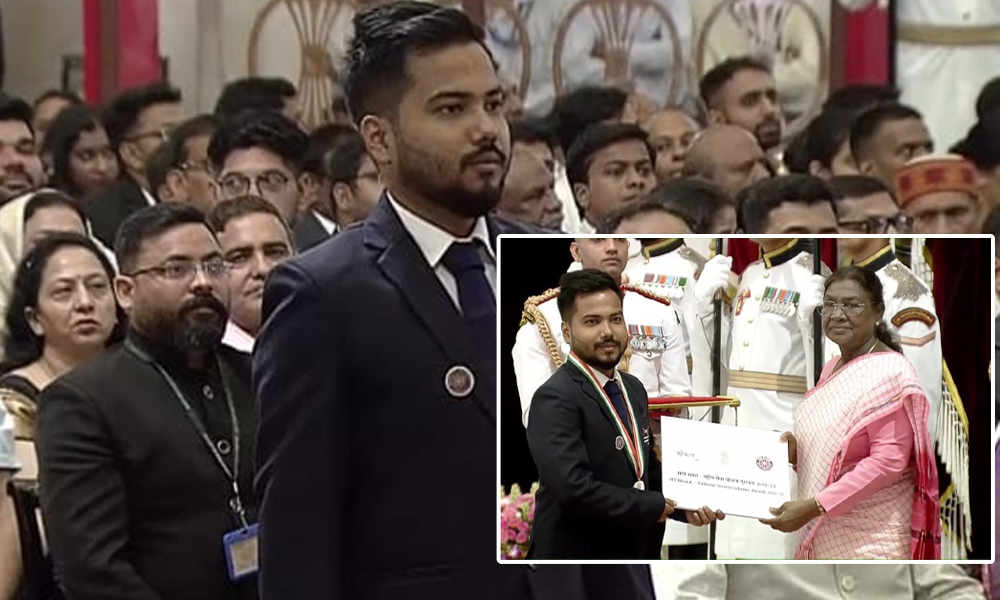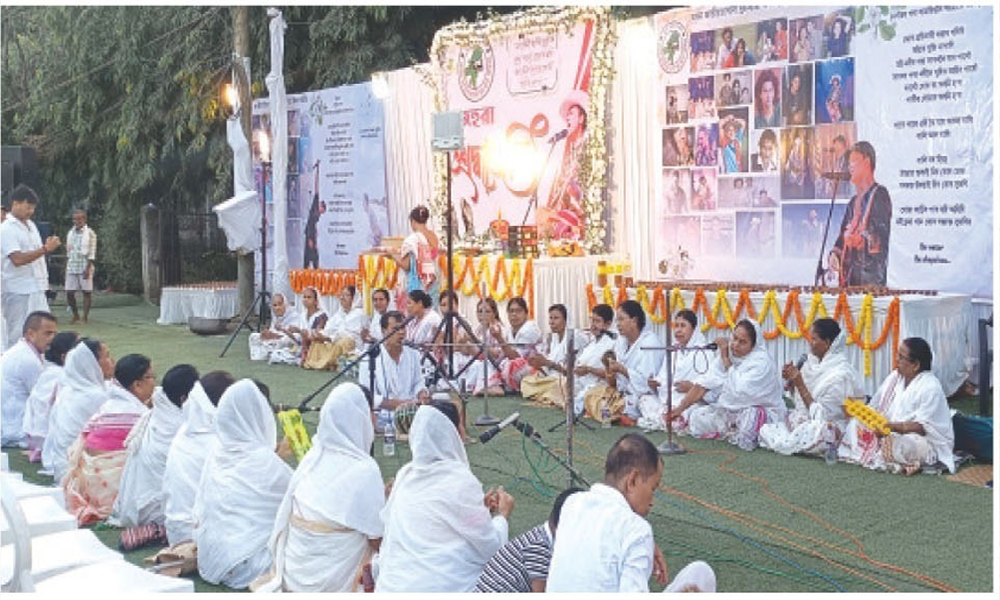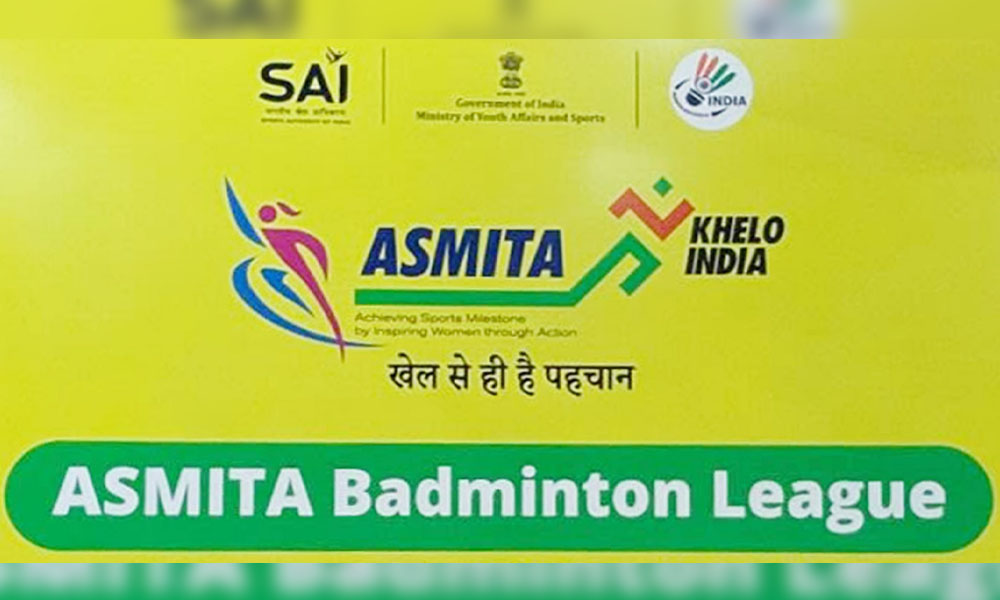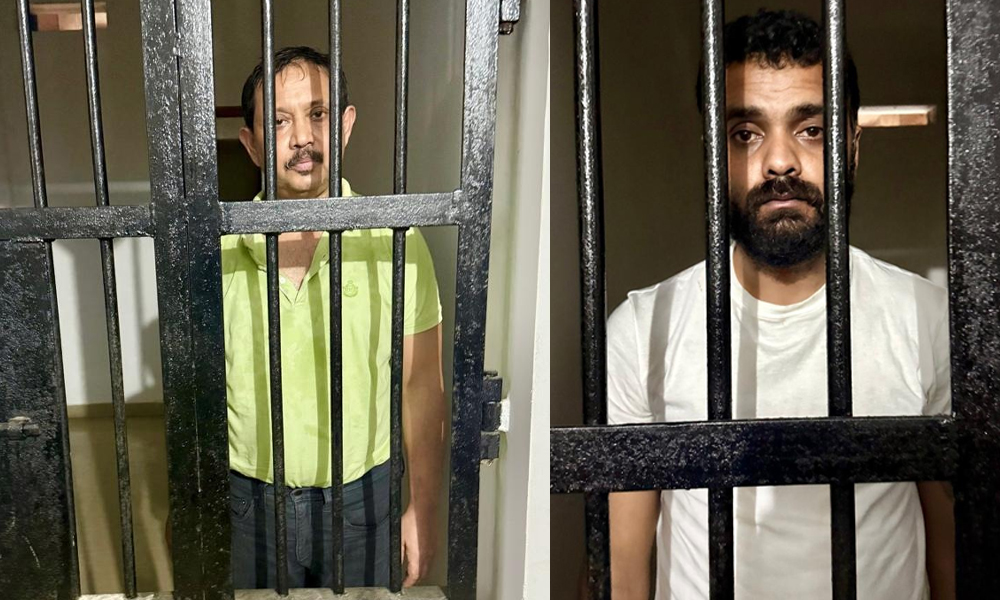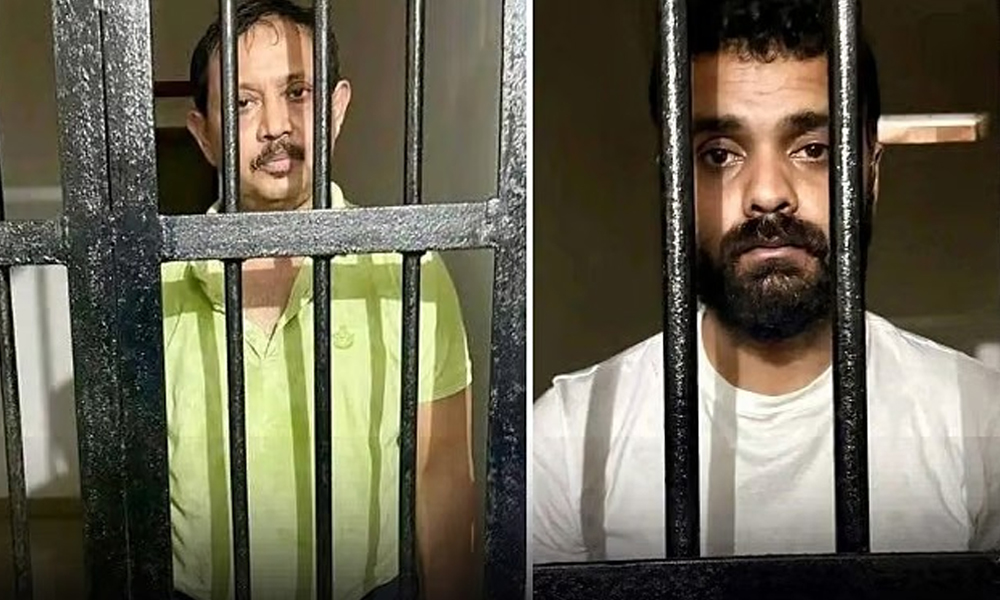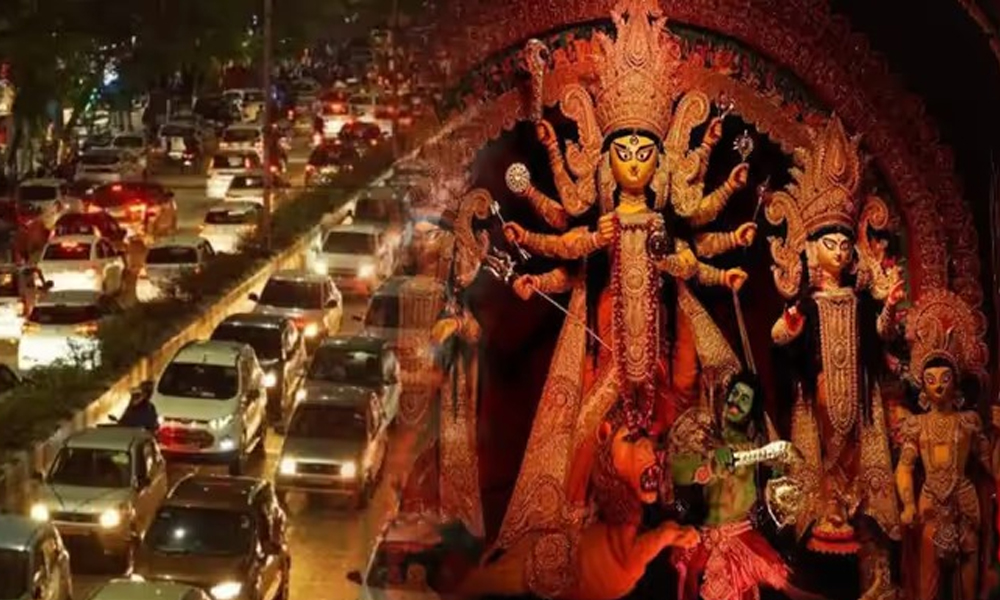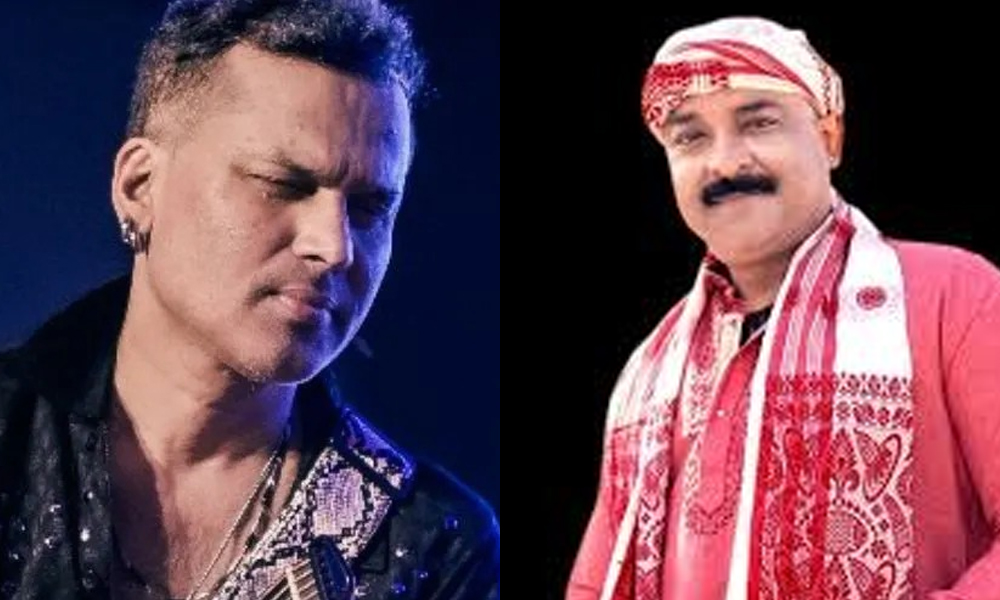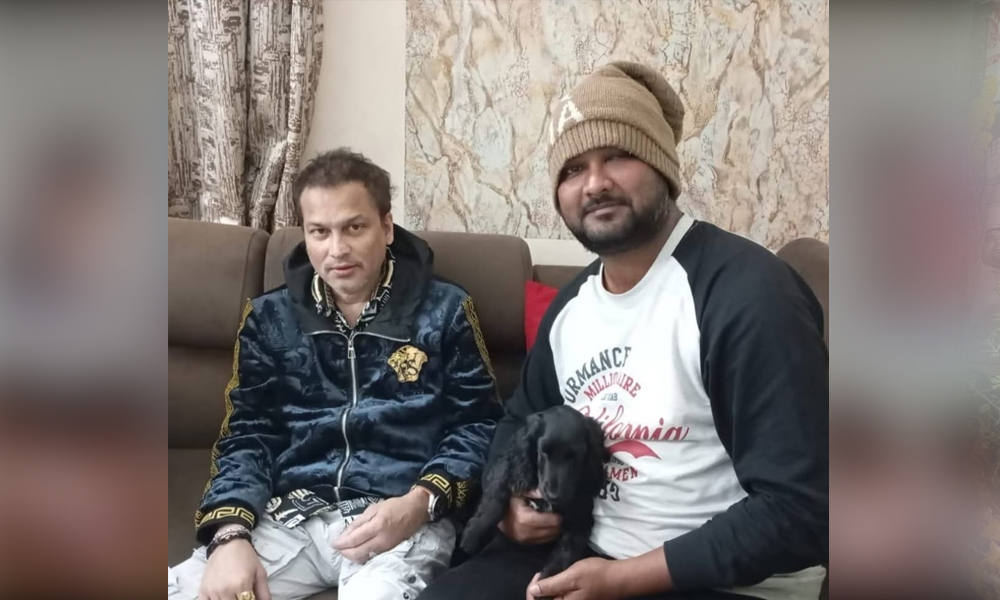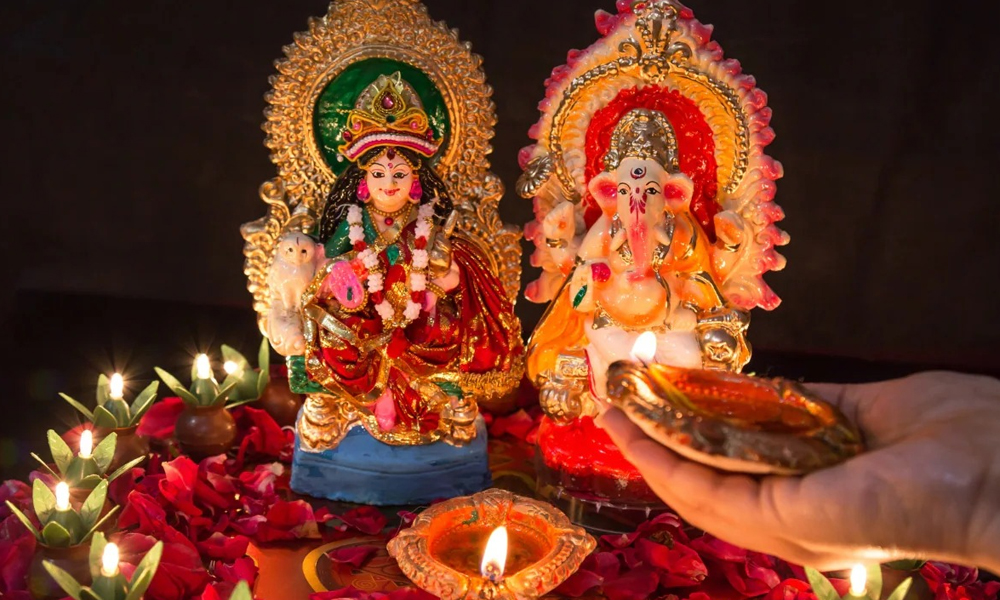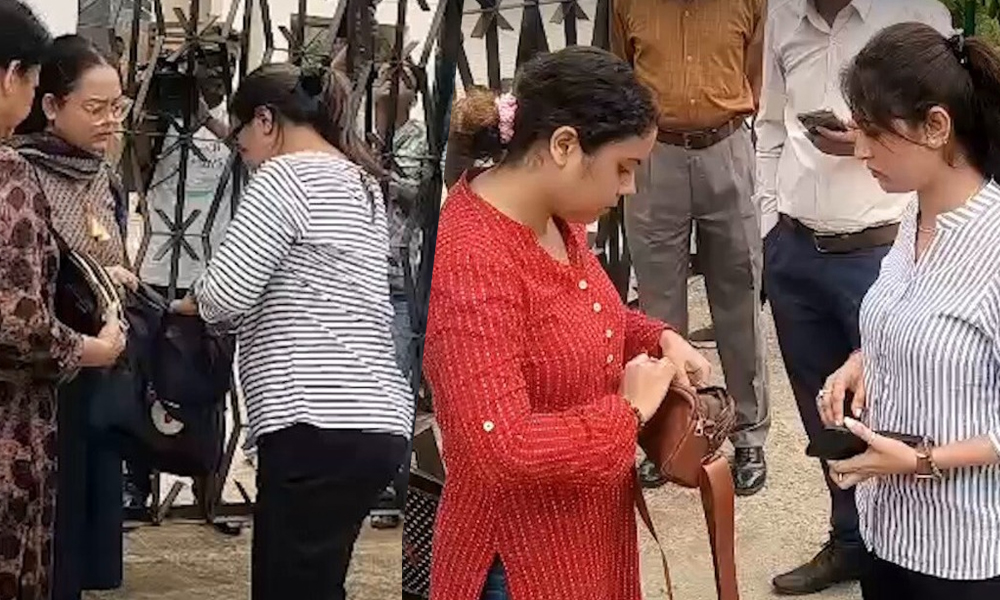Supreme Court of India has declared that children born from "invalid marriages" are now entitled to a...
Digital Desk: In a landmark ruling, the Supreme Court of India has declared that children born from "invalid marriages" are now entitled to a share of their parents' ancestral property, overturning its previous stance on the matter. The decision, handed down by a three-judge bench led by Chief Justice DY Chandrachud, marks a significant shift in the interpretation of inheritance rights under Hindu law.
The ruling, delivered on Friday, clarifies that children born from marriages deemed "void" or "voidable" under Hindu law are now eligible to claim a share of both their parents' self-acquired and ancestral properties. This decision reverses the court's earlier findings, which limited the inheritance rights of such children to their parents' self-acquired property alone.
The case before the Supreme Court stemmed from a plea challenging a 2011 judgment by a two-judge bench, which had asserted the inheritance rights of children from "invalid marriages." The 2011 judgment held that regardless of the nature of the marriage, children should have the legal entitlement to inherit their parents' properties.
However, the Supreme Court's previous stance, as articulated in the 2011 case, stated that children from "invalid marriages" could only claim rights to their parents' self-acquired property and not ancestral property. This ruling was seen as a deviation from the position of the Madras High Court, which had recognized the right of children born out of live-in relationships to inherit ancestral property.
The recent verdict clarifies the ambiguity surrounding the inheritance rights of children from "invalid marriages." It underscores that such children have been conferred with legitimacy under statutory provisions, enabling them to claim their rightful share in both self-acquired and ancestral properties.
In its judgment, the Supreme Court highlighted the distinction between "void" and "voidable" marriages under Hindu law. While parties in a "void" marriage do not possess the status of "husband" and "wife," they hold this status in a "voidable" marriage. Additionally, a "void" marriage does not require a decree of nullity for annulment, whereas a "voidable" marriage necessitates such a decree.
The Supreme Court's decision comes after a recent bench led by Chief Justice DY Chandrachud reserved its verdict on the plea, specifically questioning whether children from "invalid marriages" should be entitled to a share in their parents' ancestral property under Hindu laws. The court also examined whether these inheritance rights should extend beyond self-acquired properties, as outlined in relevant sections of the Hindu Marriage Act.
This landmark ruling represents a significant shift in the legal landscape, ensuring that children born from "invalid marriages" have equal inheritance rights to both self-acquired and ancestral property. It reinforces the principle of fairness and equity in matters of inheritance under Hindu law and sets a precedent for future cases involving similar legal complexities.

